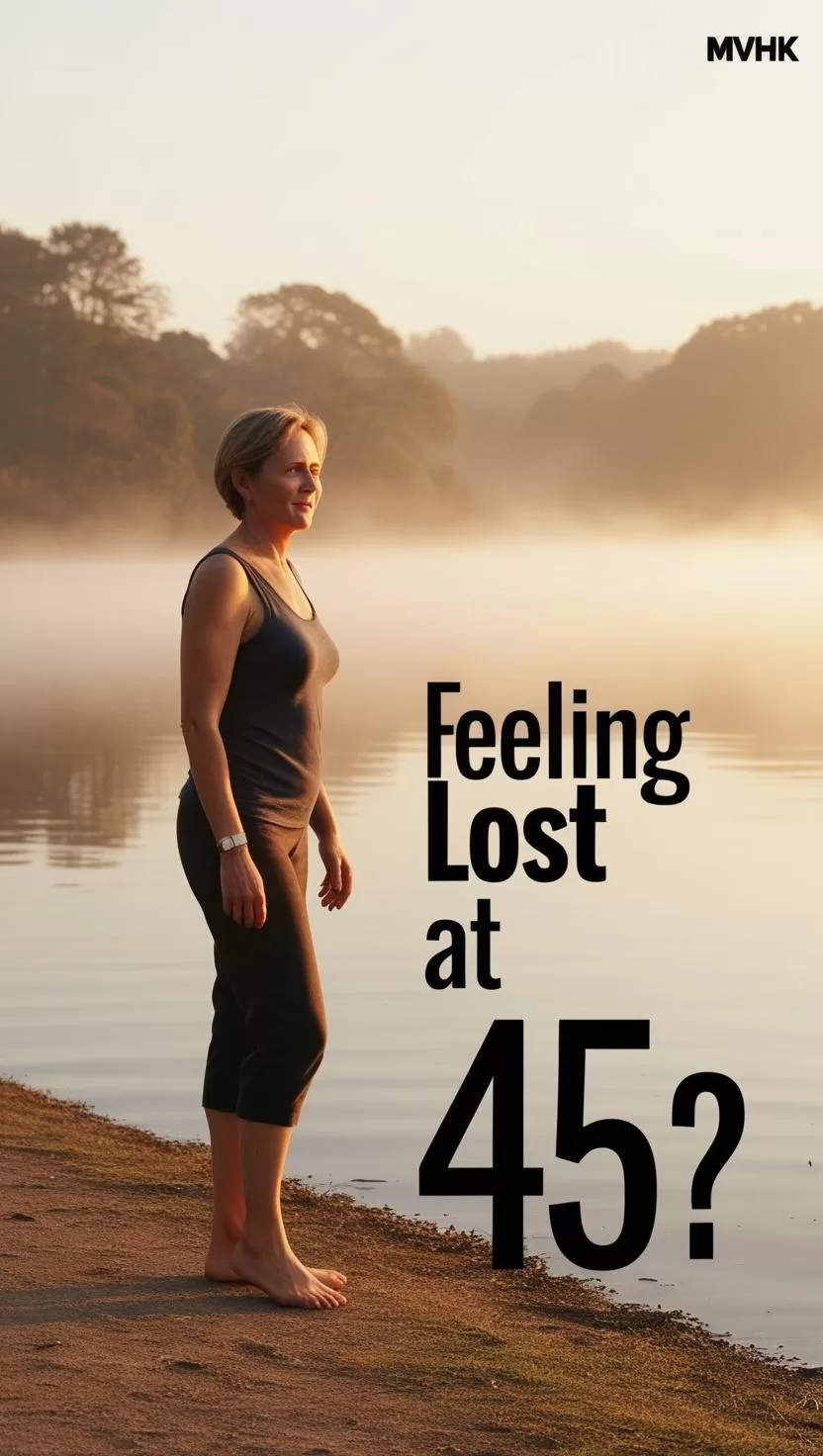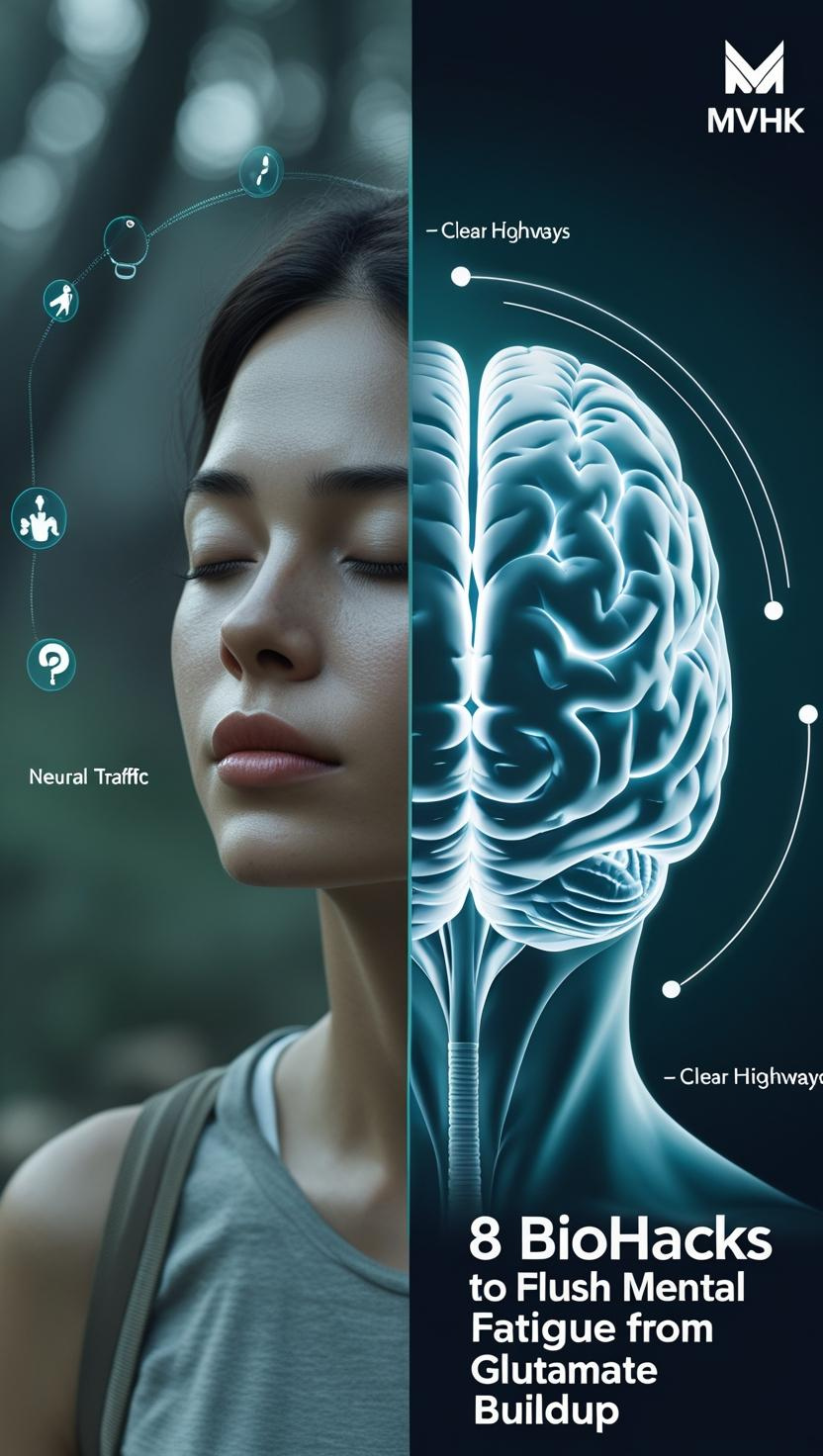Feeling Lost at 45? Why It’s the Best Thing That Could Happen to You
We all face moments in life where everything feels like it’s slipping through our fingers. For many middle-aged individuals, especially around age 45, this experience of “falling apart” may feel overwhelming. But what if this collapse is actually a breakthrough in disguise? In this article, we’ll explore how feeling lost in midlife can be a powerful sign of transformation and how gratitude in the midst of chaos can become your greatest strength.
1️⃣ Understanding the Midlife Breakdown as a Breakthrough
The Psychology Behind Midlife Disorientation
Midlife often coincides with a re-evaluation of identity, purpose, and mortality. Psychologists call this the midlife transition, a natural part of adult development. Research shows that such crises—while deeply uncomfortable—are necessary for personal growth. They can be catalysts for a more authentic life.
🧠 According to Carl Jung, “The privilege of a lifetime is to become who you truly are.” That transformation often begins when your old identity no longer fits.
Emotional Breakdown as Neurological Reset
Neuroscience supports this too. When we feel lost, our brain’s default mode network (DMN)—linked to self-referential thinking—goes into overdrive. But mindfulness practices that arise during this time (such as journaling or meditation) help quiet the DMN and encourage neuroplasticity. Your brain is literally rewiring through the experience.
2️⃣ Why Gratitude Works When Everything Feels Broken
The Paradox of Thankfulness in Chaos
Gratitude isn’t just a fluffy wellness concept—it has measurable effects on mental and physical health. In moments of collapse, practicing gratitude (even for pain) helps your brain shift from survival mode to growth mode.
💡 A 2017 Harvard Health article reports that people who express gratitude regularly sleep better, feel more optimistic, and report higher self-worth—even during difficult times.
How to Build a Gratitude Ritual When You Feel Nothing
- Write down 3 things you’re grateful for—even if they seem trivial.
- Reframe setbacks as lessons. For example, “Losing my job taught me what I truly value.”
- Practice future gratitude. Write “Thank you” notes to the future version of yourself.
🧘♀️ Tip: Start a “Gratitude in Disarray” journal—entries written only during difficult days. Over time, it will reveal your resilience.
3️⃣ Reconstructing Identity: Who Are You Becoming?
From Outer Achievement to Inner Fulfillment
Society often defines success in terms of career, family, and productivity. But midlife disillusionment can help you realize that worth isn’t tied to roles. When you let go of who you “should” be, space opens to discover who you truly are.
🔎 Ask yourself: “If I weren’t afraid of failing, what would I do next?”
The Hero’s Journey in Real Life
Feeling lost is a universal archetype in storytelling. In Joseph Campbell’s Hero’s Journey, the protagonist must first “leave the known world” and face trials alone. You’re not failing—you’re simply on your own epic path. This is your call to adventure.
🎯 Conclusion: How to Get Started Today
You don’t need to have all the answers to begin. Start by accepting that confusion is part of clarity. Let gratitude become your flashlight in the dark, not because things are perfect—but because you are evolving.
Get started today:
- Begin a 7-day “Lost & Found” journaling challenge.
- Practice 3 daily gratitude statements.
- Find a therapist or coach who understands midlife transformation.
What does it mean to feel lost in midlife?
It often means your old roles or goals no longer bring fulfillment, which signals it’s time to realign your life.
Can gratitude help when I feel hopeless?
Yes. Studies show gratitude rewires the brain toward resilience, even in the hardest moments.
Is feeling lost a sign of depression?
Not necessarily. While it can overlap, feeling lost may also signal a deeper transformation or identity shift.






